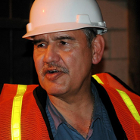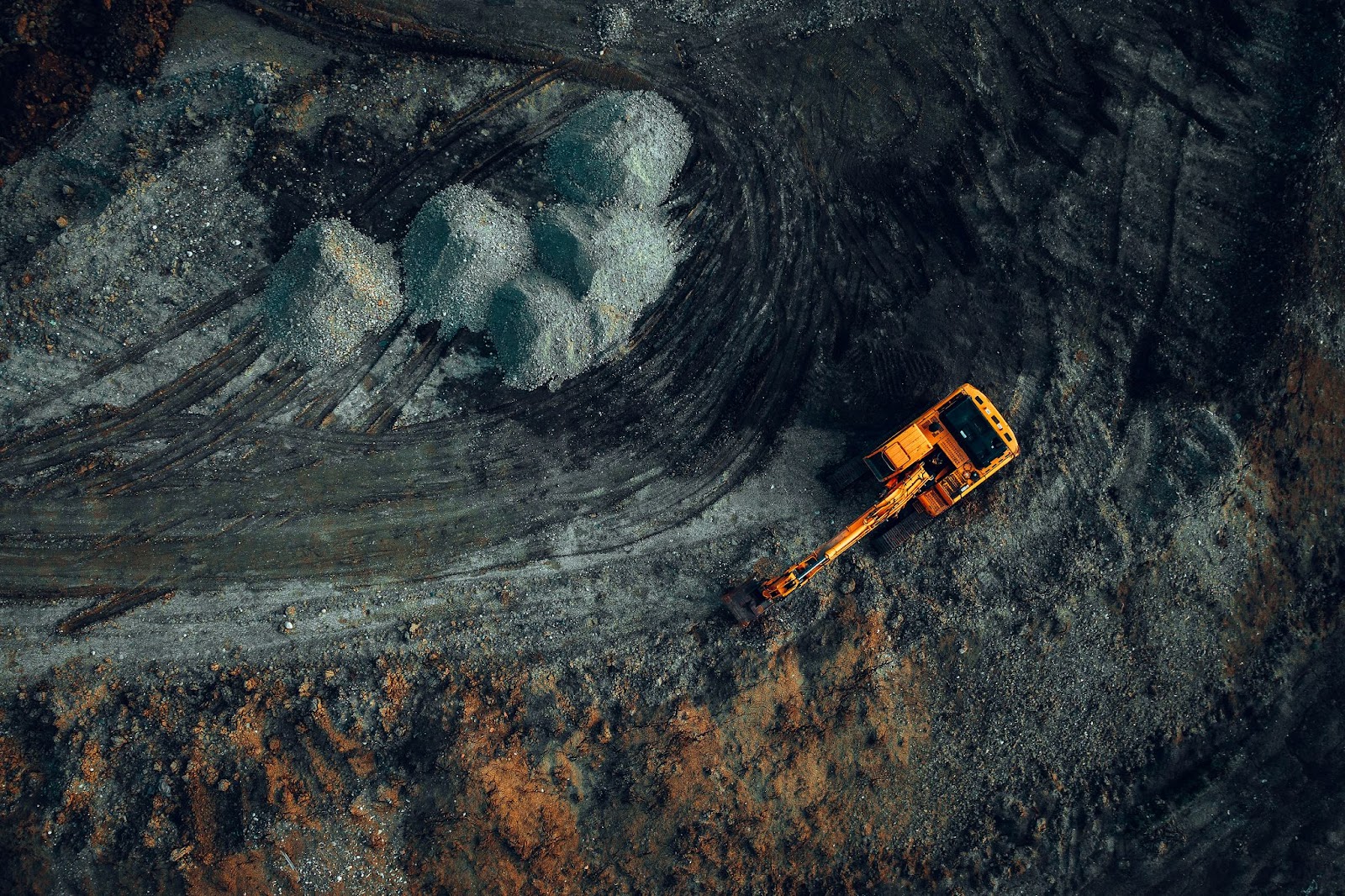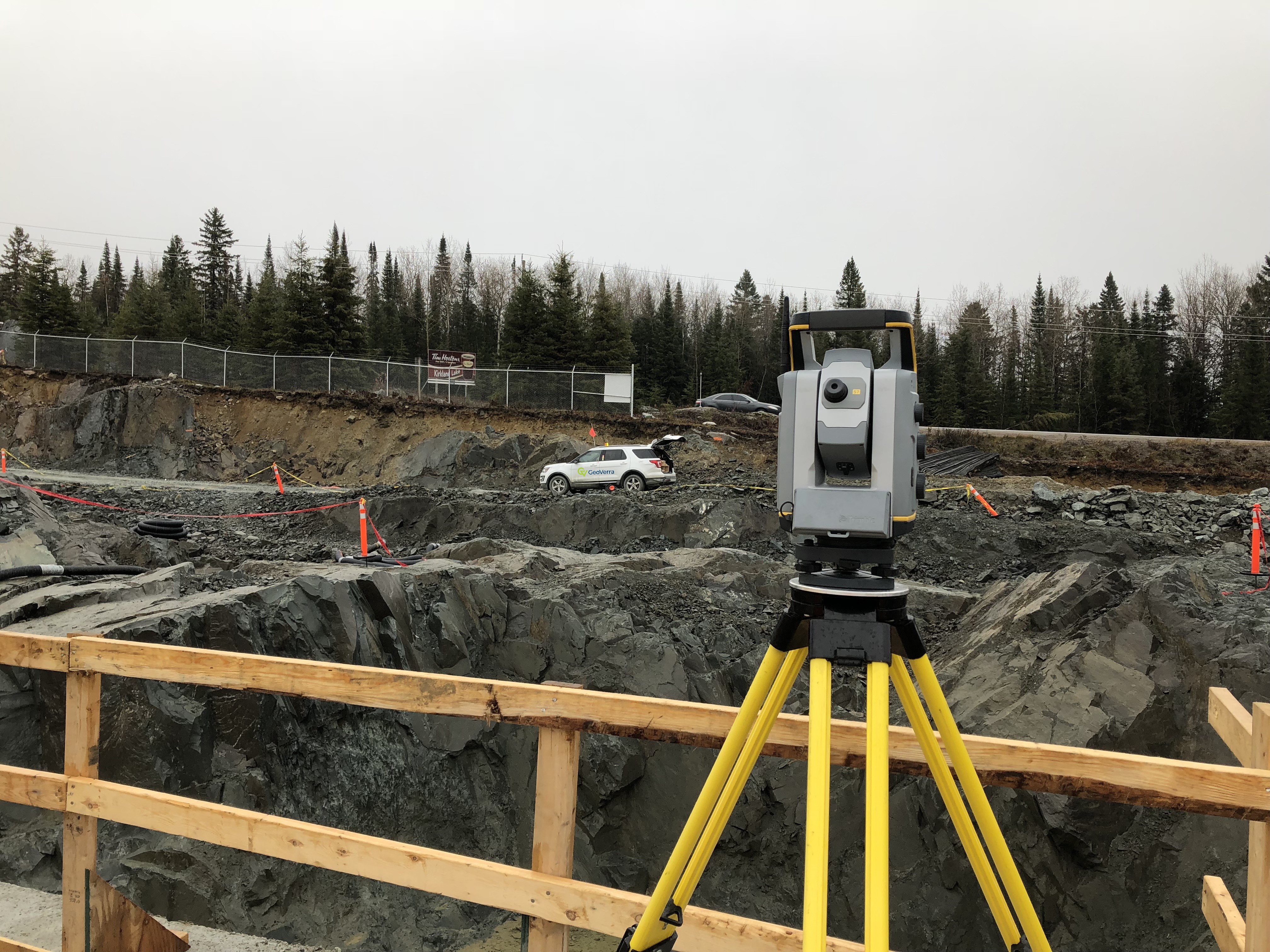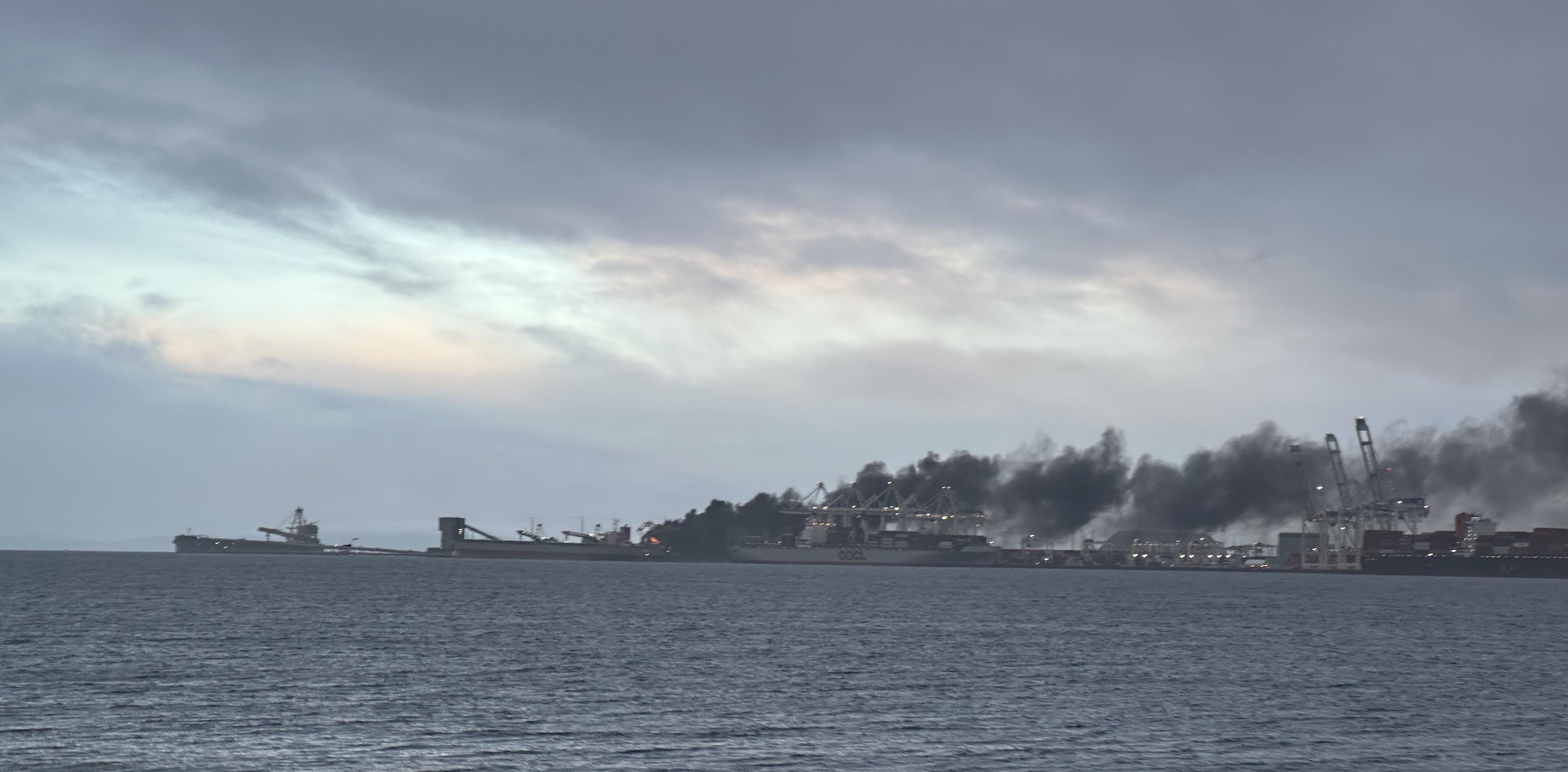Ten questions for Jerry Asp

1 of 2Having worked in mines himself in every capacity, Jerry Asp knows the opportunities that await young aboriginal people who enter the mining indu
1 of 2Having worked in mines himself in every capacity, Jerry Asp knows the opportunities that await young aboriginal people who enter the mining industry. — Photo courtesy Jerry Asp
2 of 2Jerry Asp was recognized by the Prospectors and Developers Association of Canada for his lifelong work and service to the mining industry with the 2011 Skookum Jim Award. — Photo courtesy Jerry Asp
For more than 40 years, Jerry Asp has been working toward improving the quality of life for Aboriginal Peoples, using the mining industry as the driving force. He is a founder of the Tahltan Nation Development Corporation (TNDC), one of the largest native-owned-and-operated heavy construction companies in Canada. He helped set up both the National Indian Businessman’s Association and the Canadian Aboriginals Minerals Association and he is now president of C3 Alliance Corporation. All of this makes Asp arguably the pre-eminent expert on aboriginal and mining relations. It’s an expertise he has been called upon to share around the world and one for which he has won numerous awards and accolades, most notably this past year when he was named recipient of the prestigious Skookum Jim Award from the Prospectors and Developers Association of Canada.
Mining and Exploration magazine asked Asp to comment on his award and his lifetime of service to the mining industry.
It’s very interesting, because to me, all I was doing was what I consider my job. As for the outcome, I’m very pleased with it of course, but to be truthful, I never set out to be a prominent leader. I just set out to do a job and then went forward and made it happen.
Obviously the foundation that we put in place held true over the years no matter who was in power, no matter who was sitting in the upper echelon of TNDC. The TNDC celebrated its 25th year in operation last year and it’s still the largest native-owned-and-operated heavy construction company in British Columbia. So I’m happy with that.
Oh, absolutely, especially when I think of my own nation. When I came back home in 1985 and started the Tahltan Nation Development Corporation, we started building the first modern homes on our reserve in Telegraph Creek. At that time we had 98 per cent unemployment on the reserve in the winter and 65 per cent in the summer. When I left as chief in 2006, we had zero per cent unemployment in the summer and five per cent in the winter, which was better than the Canadian average. And in 2004/2005 and 2005/2006 fiscal years I believe I was the only chief in Canada who was forced to give back money to my social assistance program, because I couldn’t justifiably spend it. And believe me, I have an aversion to giving money back to the federal government, but I still couldn’t spend all of it.
Because there are so few First Nations that have reached the Tahltan epitome in construction and in dealing with resource developers, etc., there’s still so much to do. No matter where I go in the world, I see that indigenous people have almost identical problems, some more so than Canadians. But until I see First Nations people on a level playing field, there is still work to be done.
Well, to be truthful, my biggest stumbling block when I first started the TNDC and went from building houses to go into construction work with the mining resource developers were the stereotypes. They thought that First Nations people, aboriginal people, only knew how to do fancy bead work and carve totem poles. That was my biggest stumbling block. I had to educate them, and the sad truth is I’m still educating them today—and that’s the general populace. I deliberately sit on boards like the [BC mining Labour Shortage Task Force] and I sit on the Industry Training Authority’s aboriginal apprenticeship board. I’m the chair of the Yukon Mine Training Association and I’ve just been appointed to the Minister’s Advisory Board on Mining in the Yukon. I sit on these boards because I want to spread the message that we are a legitimate force to be reckoned with in Canada and that we can be contributors. I don’t want people to think that we are a cost. We can contribute, and that’s one of the messages I always try to get out when I take these positions.
Oh, absolutely, and we’ve said that. We have a company called Rescan Tahltan Environmental Consultants (RTEC) and embossed on our logo are the words “Keeper of Our Lands.” I tell people those words are not just fancy words. Tahltans actually believe them. We actually believe that we are the keeper of our lands and so therefore, when I negotiate an agreement, paramount is environment, second is the aboriginal land rights of the Tahltan people. Even though we are pro-development, we are very conscious of our fish. There is absolutely nothing you could do or offer me to make me jeopardize the salmon of the Tahltan, and we make that very plain.
They tell me it can’t be done, but the Tahltan proved it can. When I have young people come to me and tell me, “Jerry, when you started the TNDC heavy contruction division and gave me a job as a labourer, and let me move up to be a truck driver to now where I’m a foreman for the highway department,” I feel very pleased with that. I feel very pleased that my people have moved from labourers to management positions simply by something I negotiated. I didn’t move them up the ladder—they did that themselves. I just gave them the opportunity. The sad truth of the matter is the Tahltan and aboriginal people, once we left the bush economy, we had to enter the wage economy. But we can’t forget where we came from. We can’t forget that the fish still come every year to feed our people—and we don’t.
These awards are great to get, but the biggest reward I have is from individual Tahltan people coming up to me and saying thank you. They don’t say “thank you for the job,” or “thank you for talking on my behalf;” they say “thank you for the opportunity.” That means more to me than any award and that’s really what I’m all about.
I know that the more they fight, the less they get. They can stop a project for a while, but at the end of the day that project will go ahead. And they also have to understand that any skills learned are transferable skills. We had that happen in our country. The Eskay mine closed down in 2008 and in November 2009 the Galore Creek Project shut down, so there were no more mines in our country. The Tahltan in essence have dispersed from our country, and we’re not happy with that, but the true fact is the oil and gas industry, other mines around British Columbia and even the Northwest Territories, have benefited because the trained Tahltan workforce went there. I guarantee that if a mine starts up tomorrow in the Tahltan country, 90 per cent of the people will come back and work here again. We will always be here and we will always be able to work, because we now have transferable skills. I live in Whitehorse, yet I still work with my people every chance I get.
No, not yet. I’m having too much fun. I need one more project. I need another Tahltan Nation Development Corporation or another hydro project. I need another mine, or something like that, and then I’ll hang up my spurs.




